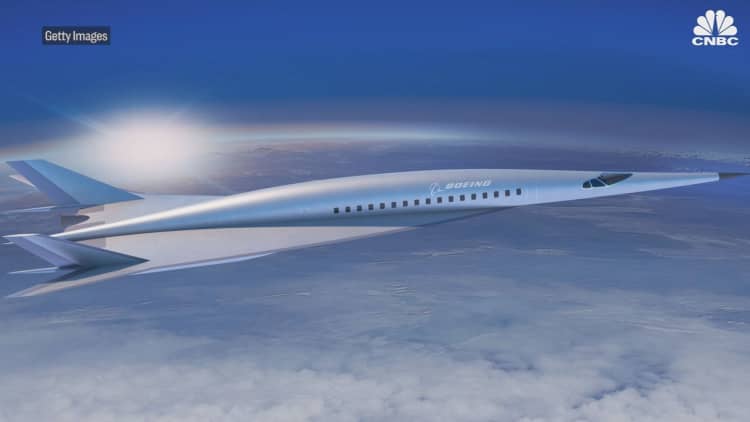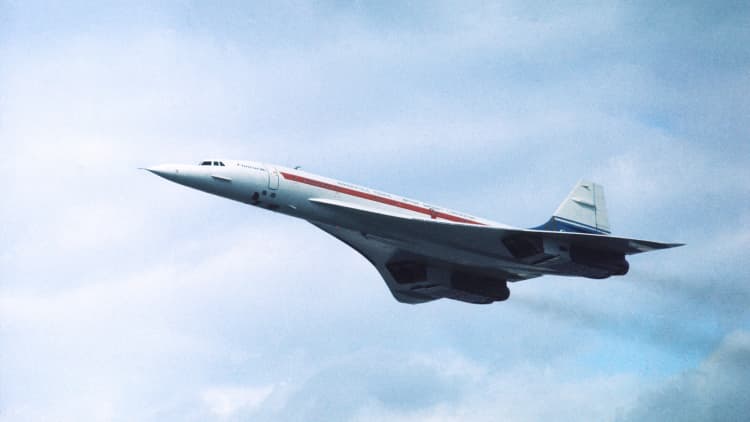Engineers working on a propulsion system to enable hypersonic air travel say they have passed a development milestone.
U.K.-based Reaction Engines is developing technology for Synergetic Air-Breathing Rocket Engines (SABRE), which could one day allow aircraft to fly up to five times faster than the speed of sound — that's Mach 5 or 3,836 miles per hour.
At that speed, hypersonic flights between London and Australia could be over in just four-and-a-half hours.
While some commercial plane makers are racing to bring back supersonic jets, Boeing has gone further than many of its competitors by unveiling a design for a hypersonic aircraft that could potentially travel five times quicker.

But for those speeds to be possible, the futuristic engines need to process air flows with extremely high temperatures. Now Reaction Engines has revealed that its precooler component – designed to manage extreme heat – has successfully handled temperatures of 420 degrees Celsius, matching the conditions it would face when reaching Mach 3.3 speeds. At that speed, an aircraft would be traveling three times faster than the speed of sound and 50 percent faster than Concorde.
The test took place at Reaction Engines' facility at the United States' Colorado Air and Space Port. They were the first phase of an extensive trial program, which will eventually see the precooler exposed to temperatures hotter than 1,000 degrees Celsius – the conditions expected during Mach 5 hypersonic flight.
In space rocket mode, the engines are being designed to speed a craft up to Mach 25.
Over the last four years, Reaction Engines has secured more than £100 million ($130 million) in investment from backers including BAE Systems, Rolls-Royce, and Boeing's venture capital arm. The firm has also received a £60 million ($78 million) funding commitment from the U.K. Government.
Mark Thomas, Reaction Engines CEO, said in a press release Monday that the results were unparalleled and a "hugely significant milestone."
"This provides an important validation of our heat exchanger and thermal management technology portfolio, which has application across emerging areas such as very high-speed flight, hybrid electric aviation and integrated vehicle thermal management," he said.


